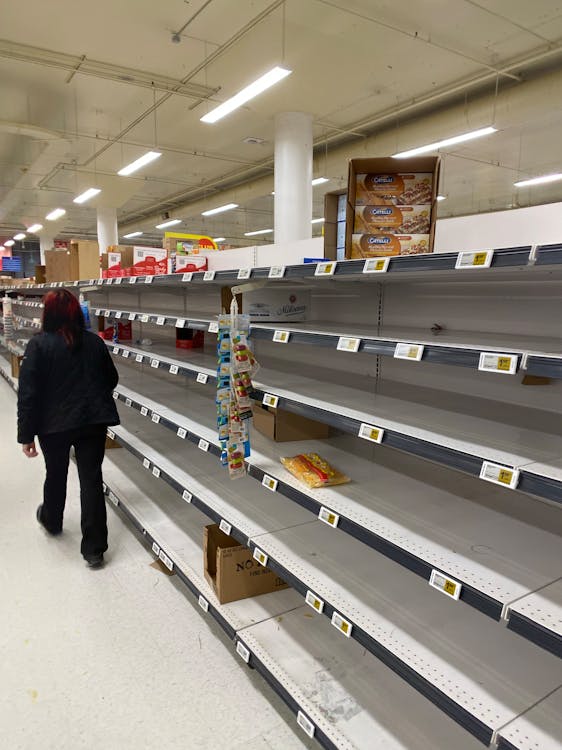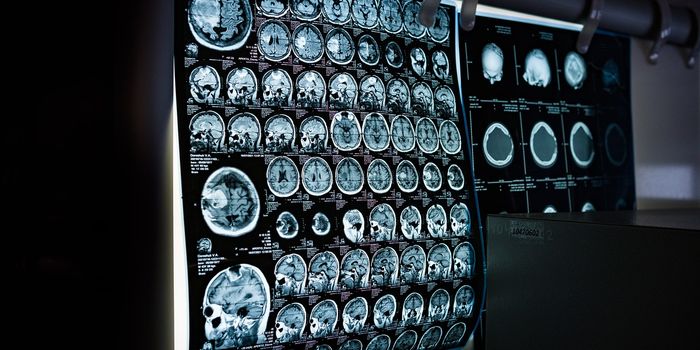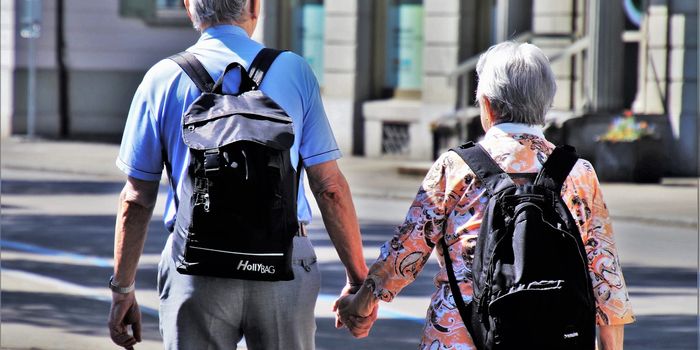Unmet social needs influence patient breast health care
New research to be presented at the annual meeting of the Radiological Society of North America will report on the breast cancer risk levels for women who experience food or housing insecurity. The research comes from investigators at Boston Medical Center who retrospectively analyzed the medical records of two groups of women undergoing breast imaging from January 2015 to December 2018.
The researchers found that women who experience food or housing insecurity face a higher risk of undiagnosed breast cancer due to lapses in follow-up appointments. "Diagnosing breast cancer at an early stage is very important for survival," said Aaron Afran. "Concerning mammography findings lead to the need for additional imaging, such as diagnostic mammography and ultrasound, and there can be a lapse in time between imaging appointments. Our goal with this study was to understand how social determinants of health influence the time interval between breast imaging and follow-up appointments," Afran explained.
In investigating the ways that unmet social needs influence breast health care and follow-up, the researchers compiled information from mammography screenings with information gathered via the THRIVE screening tool, a survey that helps medical providers understand and address patients' unmet social needs. THIVE addresses eight social variables including employment, housing, transportation to medical appointments, whether the patient has trouble with caretaking responsibilities, and if the patient can afford food, medicine and utilities.
"To best serve our patient population at a safety-net hospital, we must think creatively about the social factors that are preventing our patients from receiving the best care," said senior author Dr. Michael D. Fishman, who is an assistant professor of radiology at Boston University School of Medicine and section chief of breast imaging at Boston Medical Center.
"Our findings indicate longer lapses between diagnostic imaging and biopsy for patients with unmet social needs, which begs the question: are unmet social needs associated with some amount of breast cancer mortality that could have been prevented? We seek to investigate this in future work."

The study results make evident the connection between unmet social needs and missed appointments for breast health care. In particular, the analysis revealed that food or housing insecurity was associated with longer lapses between diagnostic imaging and breast biopsy compared to interval times for women without those unmet social needs.
Sources: Eureka Alert








